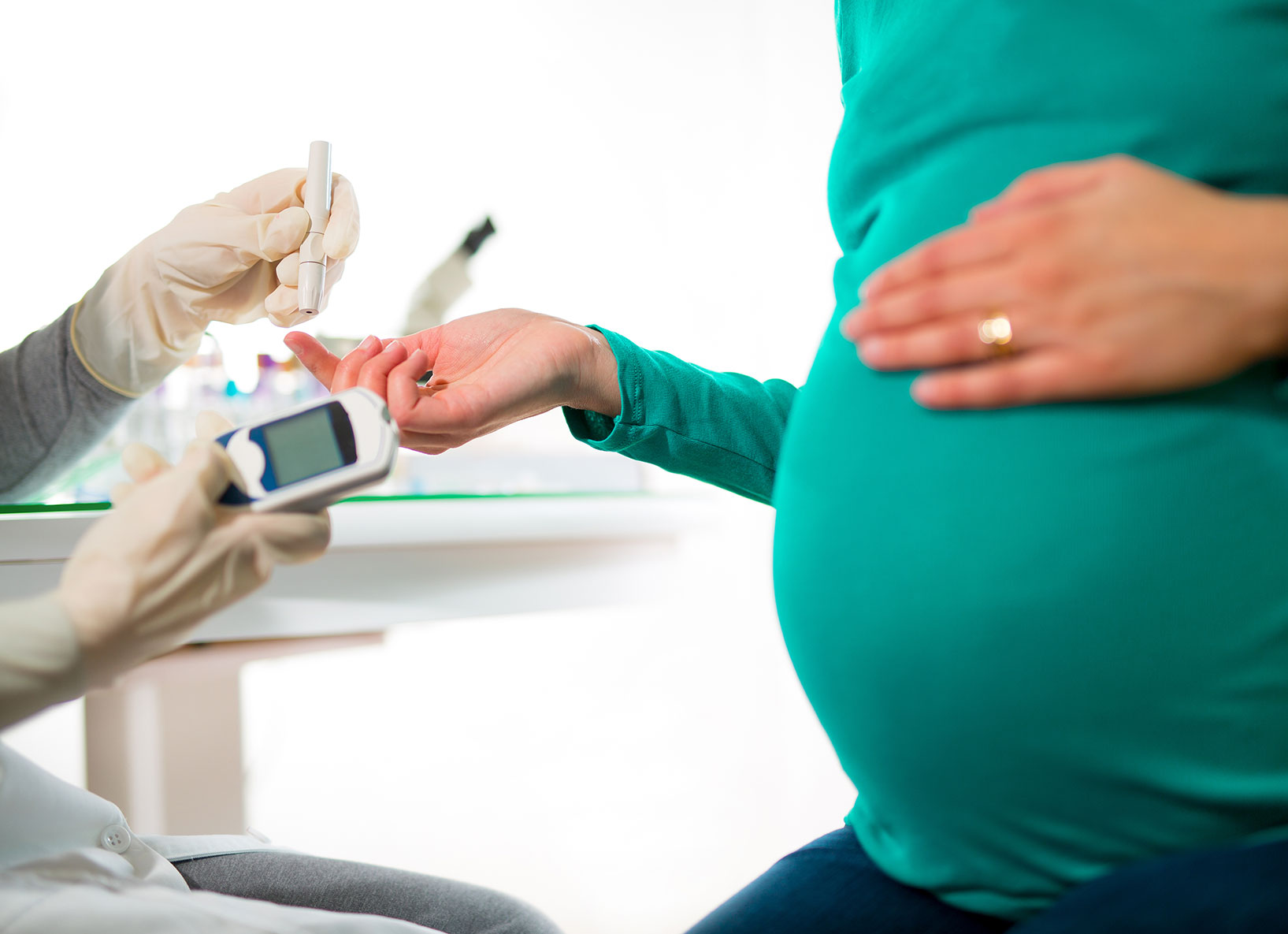Being overweight? Hormone Imbalance? Thyroid disease? These and other conditions affect not just your health, but also your chances of getting pregnant.

Given that the chance that a healthy woman having regular intercourse will conceive in any given cycle is only 20 to 40 percent, lump in a condition like endometriosis or being severely over weight and you can see how the odds plummet.
Being overweight or obesity can affect the hormone balance in your body, which may mean that it takes you a bit longer to get pregnant. If you’re very overweight (obese), this may make it difficult for you to conceive at all. A body mass index (BMI) over 25 is considered overweight, while a BMI of 30 or more is considered obese.
Thyroid and adrenal disease, for example, contribute to infertility by causing the body to release too much estrogen, testosterone, and even the stress hormone cortisol, thereby interfering with ovulation. Polycystic ovarian disease (PCOD) is another fertility-robbing condition. Women with PCOD have elevated levels of insulin and the male hormone testosterone, and those things together prevent regular ovulation.
The fix? Depending on the problem, doctors will typically prescribe drugs that either block the release of pregnancy-quashing hormones like testosterone or boost ovulation, or both if you have obesity problem.
Overweight and obese women usually have longer labors than women of normal weight. It can be harder to monitor the baby during labor. For these reasons, obesity during pregnancy increases the likelihood of having a cesarean delivery. If a cesarean delivery is needed, the risks of infection, bleeding, and other complications are greater for an obese woman than for a woman of normal weight.
The good news is that getting to a healthy weight can significantly improve your chances of having a baby. If you’ve stopped ovulating, weight loss may help to kickstart it again and will also help you to have a healthier pregnancy.
To lose weight, you need to use up more calories than you take in. You can do this by getting regular exercise and eating healthy foods. Your obstetrician may refer you to a nutritionist to help you plan a healthy diet.
Increasing your physical activity is important if you want to lose weight. Aim to be moderately active (for example, biking, brisk walking, and general gardening) for 60 minutes or vigorously active (jogging, swimming laps, or doing heavy yard work) for 30 minutes on most days of the week. You do not have to do this amount all at once. For instance, you can exercise for 20 minutes three times a day.
f you’re severely obese, have another serious health condition that could be improved by weight loss, and haven’t been able to lose weight through diet and exercise, surgery may be considered as an option to help you lose weight and improve your reproductive health. Despite the risks, you can have a healthy pregnancy if you are obese. It takes careful management of your weight, attention to diet and exercise, regular prenatal care to monitor for complications, and special considerations for your labor and delivery.
Obesity reduces chances of conception
Being overweight? Hormone Imbalance? Thyroid disease? These and other conditions affect not just your health, but also your chances of getting pregnant.































